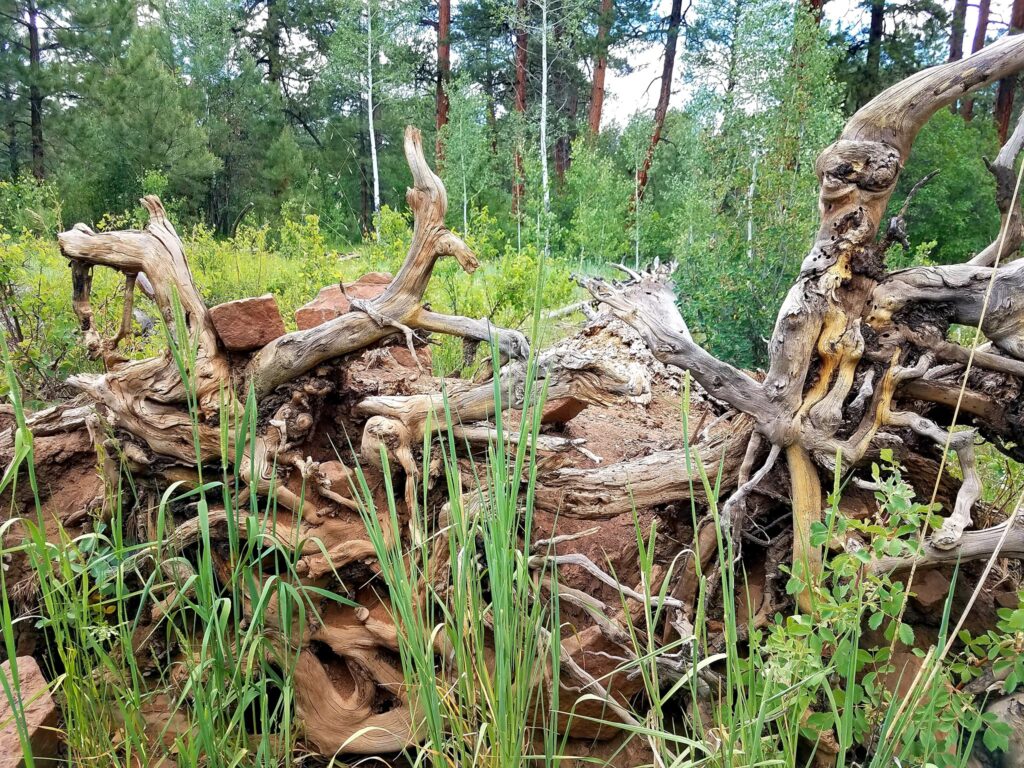The 2020 backstory
 We are living in a tumultuous time in the world, with so much demanding our attention. The World Health Organization declared Covid-19 to be an international health emergency on January 30. We saw people dying painful deaths caused by a new virus that spreads incredibly easily. Watching a news segment in February, I was shocked and saddened by the devastation caused by Covid-19 in Italy and Spain. America was slow to register the threat, but by March and April, it was focused on responding to the novel coronavirus. This spring, countries all over the world took measures to limit social interactions to reduce the spread of the disease, and the economy in response had the most significant downturn since the Great Depression. Economists are hopeful that there will be a “v-shaped” recovery, but “w-shaped” and slow recoveries are also possible.
We are living in a tumultuous time in the world, with so much demanding our attention. The World Health Organization declared Covid-19 to be an international health emergency on January 30. We saw people dying painful deaths caused by a new virus that spreads incredibly easily. Watching a news segment in February, I was shocked and saddened by the devastation caused by Covid-19 in Italy and Spain. America was slow to register the threat, but by March and April, it was focused on responding to the novel coronavirus. This spring, countries all over the world took measures to limit social interactions to reduce the spread of the disease, and the economy in response had the most significant downturn since the Great Depression. Economists are hopeful that there will be a “v-shaped” recovery, but “w-shaped” and slow recoveries are also possible.
As the summer approached, there was an intense focus on when social restrictions could be lifted, and how the impacts on the economy could be contained. In the U.S., since federal guidance was limited, states and localities chose starkly different approaches, and researchers studied the health and economic impacts of those decisions. Then, on May 25, attention quickly pivoted as a new concern came sharply into focus: George Floyd’s murder by police in Minneapolis was recorded in a video that sent shockwaves around the world. Since then, many stories of racial bias and systemic racism have emerged. Even Covid-19 had such a story, as American communities of color were disproportionately affected by the virus. Recently, I was especially heartbroken to read about Elijah McClain’s death in Colorado in 2019. The stories have been eye-opening, humbling, and outrageous, and they have started a process for grieving and for effecting change. Tremendous energy has arisen driving efforts to correct social wrongs; there have been protests in the streets all around the world with people demanding equality and justice. Meanwhile, cases of Covid-19 continue to be a serious concern, particularly in the United States.
Processing this moment
As a nation, and as a world, we are having deep conversations about what it means to live as a community in terms of freedom, accountability, and responsibility for each others’ well being. It is a time for exposing shadows – for seeing that which we haven’t seen before. In that process, a multitude of emotions may arise. Many of us are experiencing grief, anger, frustration, shame, guilt, defensiveness, overwhelm, excitement about the possibilities, and a thousand other emotions.
In this period of change, one consideration that has been important for me is that I keep my eye on the ball. It is essential to channel this energy to effect change towards greater connection, community, and fairness. Yes, emotions arise. There is no need to repress emotions. They will be present whether you choose to acknowledge them or not, and I’ve found more freedom to release them when I acknowledge and allow them to arise and pass. On the other hand, there is no need to indulge in emotions. I’ve seen some posts that say that, if you aren’t grieving, you aren’t responding correctly. Or, if you aren’t angry (or, you are angry), you are doing it wrong. As well, some posts suggest the writer may be too emerged in shame or guilt to be able to address the issues at hand. I’ve found a deep invitation to allow everyone to be in their own authentic reactions. At the same time, for myself, I’ve found that it is valuable to not overly indulge – to not “get stuck” in strong emotions; to allow what is present to be present, to acknowledge it, and to let it go when it is ready to be released. In that way, I can conserve energy and focus on the work that needs to be done.
So, I am excited about taking advantage of this opportunity. I am excited about meeting the invitation to see what wasn’t seen at the personal, familial, and societal levels. Many white people have been surprised to see systemic racism that has long been obvious to people of color. This work is hard, and it can feel natural to react with fatigue and a closing heart. Instead, I find a call to resiliently lean in, willingly letting heart and mind open. After viewing, I am feeling it necessary to effect change for greater equality and justice from that place of a broader vision, doing my own shadow work and supporting societal transformation towards equality and justice. I’d love for us to find out together how deeply healing can take root when deeply nourished by compassion and wisdom.

Leave a Reply